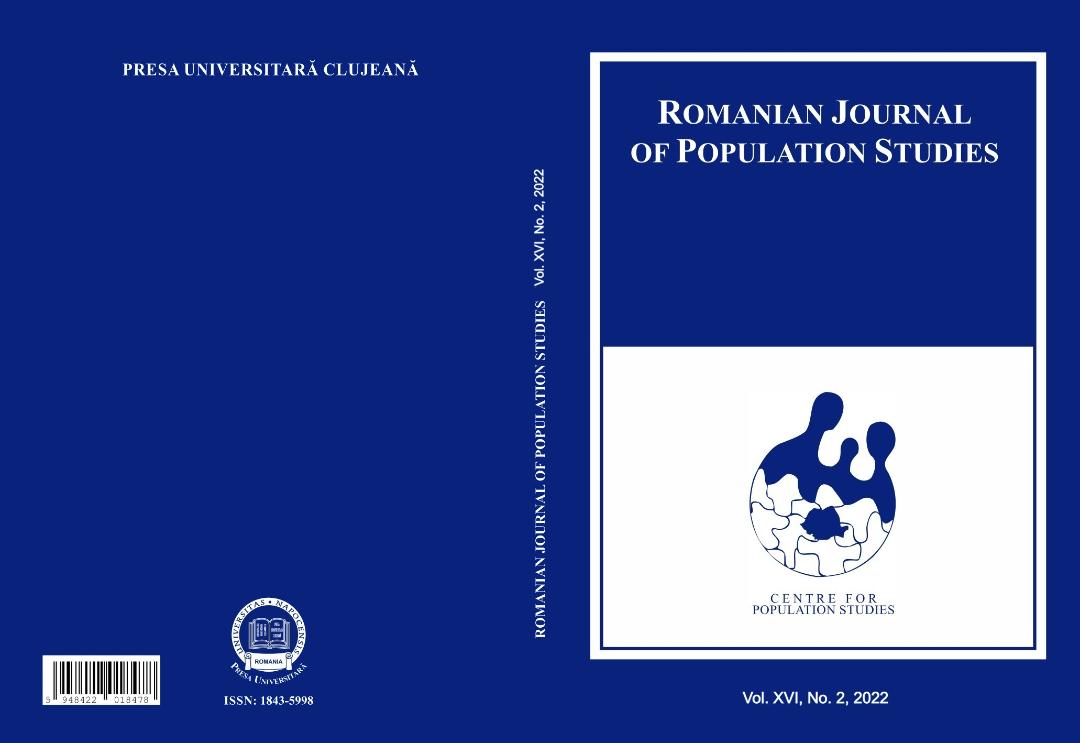The Influence of Extreme Exogenous Shocks on the Sex Ratio at
Birth. A Study of the Population of Detva (Upper Hungary),
1801–1920
The Influence of Extreme Exogenous Shocks on the Sex Ratio at
Birth. A Study of the Population of Detva (Upper Hungary),
1801–1920
Author(s): Ján Golian, Grażyna LiczbińskaSubject(s): Gender Studies, Economic history, Social history, Gender history, Recent History (1900 till today), Studies in violence and power, Demography and human biology, 19th Century
Published by: Centrul de Studiere a Populaţiei
Keywords: sex ratio at birth; parish birth records; wars; economic crises; psychological stress;
Summary/Abstract: The paper proposes using the sex ratio at birth (SRB) as a “population test” to study the impact of extreme exogenous shocks on demographic status of historical populations. 53,355 baptismal records from the years of 1801–1920 for Detva population, located in the Upper Hungary, contemporary Slovakia, were examined for the purpose of the study. The sex ratios at birth were calculated as the proportion of the number of male live births to the number of female live births. Our results show a decline in the values of SRB in the years when the population was exposed to wars, including Napoleonic wars, civil wars, and the First World War, and economic crises caused by natural disasters and crop failures. These events could have contributed to poverty, deterioration of living conditions, insecurity, social and psychological instability, loss of property and family members, and could have been the source of psychological stress to which pregnant mothers were exposed.
Journal: Romanian Journal of Population Studies
- Issue Year: 16/2022
- Issue No: 2
- Page Range: 27-52
- Page Count: 26
- Language: English
- Content File-PDF

